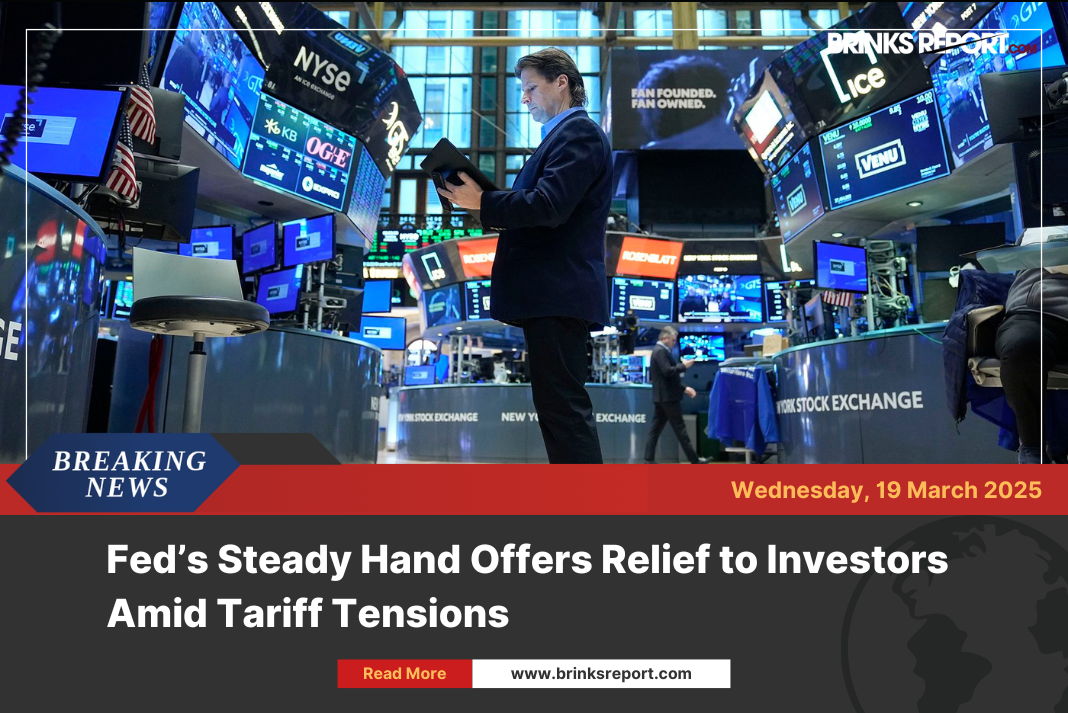
When a Wall Street giant like Jane Street steps into India’s market and tries to bend the rules, the clash is bound to make headlines.
On July 4, SEBI dropped a bomb: it banned Jane Street and its India-linked entities from the Indian securities market. The reason? Alleged manipulation of the Bank Nifty index through complex derivatives trading.

In an email to Reuters, Jane Street said it does not agree with SEBI’s interim order and plans to continue discussions with the regulator.
“Jane Street is committed to operating in compliance with all regulations in the regions we operate around the world,” the firm said.
What Did SEBI Find?
According to SEBI’s detailed 105-page order, Jane Street’s group of firms—including JSI Investments, JSI2 Investments, Jane Street Singapore, and Jane Street Asia Trading—used massive trades in index options to influence the Bank Nifty prices unfairly.
SEBI says the group made profits of ₹36,500 crore from January 2023 to March 2025 using what it called “manipulative” methods. That includes timing their trades to move prices just before expiry—hurting retail traders and helping themselves.
Worse, SEBI claims Jane Street created Indian entities to work around rules that ban foreign players from taking intraday positions in the cash market.
Also Read Indian Shares Flat as SEBI Bans Jane Street, US Trade Tensions Loom
A Pattern of Defiance
SEBI says it didn’t act out of the blue. Earlier this year, NSE had warned Jane Street to back off from risky trades. In February 2025, Jane Street itself promised to play by the rules.
But come May 2025, they were back at it—allegedly using high-volume, last-minute trades to push the index one way or the other.
This wasn’t just bending the rules. SEBI calls it “egregious behavior” and says it directly impacts retail investors’ trust.
Jane Street Responds
Jane Street, in its defense, is standing its ground. They deny wrongdoing, dispute SEBI’s findings, and say they will cooperate. But for now, ₹4,840 crore of their gains are being “impounded”—a polite word for frozen.
Central Tension: Can Foreign Giants Be Trusted in Indian Markets?
Here’s the real question: Is India just a playground for big foreign funds to flex their trading power?
SEBI doesn’t think so. And this case sends a clear message—India’s markets are growing, but they won’t be bullied or gamed.
Jane Street may have made billions in profits. But in India, credibility is worth more than cash.
As SEBI tightens the ropes, the game is changing:
If you want to trade in India, play fair—or get played.
Also Read How Jane Street’s Big Bet Rigged India’s Index Closings on Expiry Days












